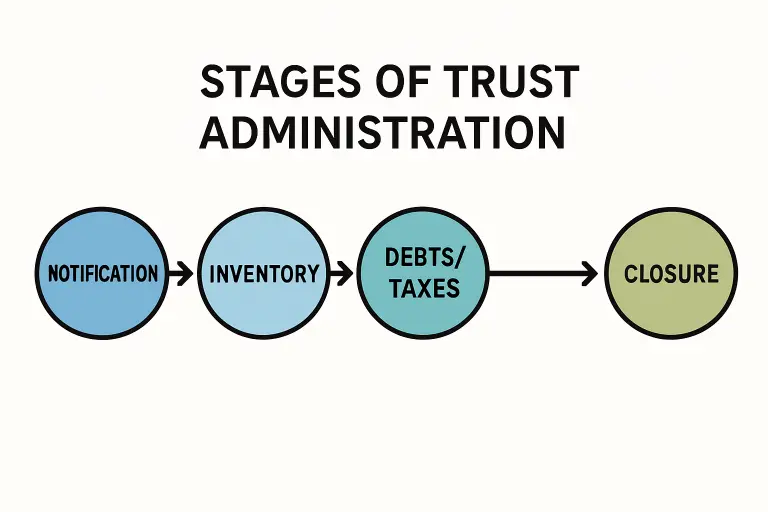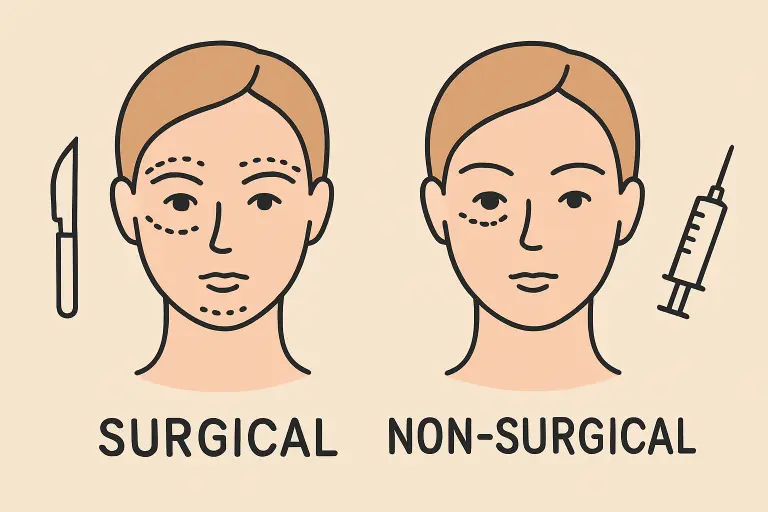Starting a career in real estate is an exciting journey with the potential for financial success, independence, and personal fulfillment. The first step is choosing the right real estate school, a decision that impacts your education, future career opportunities, and ability to meet licensing requirements. With so many options available, how can you tell which real estate school will best prepare you for your new career? This guide will walk you through the most important factors to consider to ensure your decision aligns with your goals.
Table of Contents
1. Accreditation and Licensing
Accreditation is one of the most critical factors to consider when selecting a real estate school. Ensure the school is accredited by a recognized organization, such as the Association of Real Estate License Law Officials (ARELLO) or your state’s real estate commission. Accredited schools meet specific standards in curriculum quality, teaching methods, and industry relevance, which means you can trust the education you’re receiving.
Additionally, confirm that the school offers courses that meet the licensing requirements for your state. Licensing criteria can vary significantly across states, so choose a school whose curriculum aligns with your area’s prerequisites. The right real estate school should also help guide you through the licensing process, making sure you’re aware of deadlines, testing requirements, and continuing education needs.
2. Curriculum and Course Offerings
The quality and range of the curriculum are vital. While all real estate schools will cover basic principles, such as property law, contracts, and finance, a comprehensive school should offer more. Look for courses on emerging trends, technology in real estate, social media marketing, and even business planning. These can provide a well-rounded education that prepares you for a competitive market.
Many students also benefit from specialty courses that allow them to explore particular areas of interest, such as commercial real estate, property management, or appraisal. Advanced courses in negotiation, investing, and client relationship management can also enhance your career potential.
3. Flexible Learning Formats
As you assess real estate schools, consider the different learning formats each offers. Some students prefer traditional, in-person classes, while others may need the flexibility of online or hybrid learning. Many real estate schools now provide a variety of options, such as:
- In-person classes: Ideal for students who prefer face-to-face instruction and hands-on interaction with peers and instructors.
- Online classes: Great for those needing flexibility in scheduling and location, often allowing self-paced learning.
- Hybrid programs: Combine the best of both worlds with online courses complemented by in-person support or networking events.
Evaluate your schedule and personal learning style to determine which format is right for you. A good real estate school will have multiple options to accommodate diverse learning needs.
4. Qualified and Experienced Instructors
A top-quality real estate school will employ instructors with solid experience in the industry. Look for teachers who have worked in real estate for several years, as they bring valuable insights from their careers that go beyond what’s in the textbook. Instructors who are also licensed professionals with current or past roles as real estate agents, brokers, or appraisers can provide the practical, real-world advice students need.
Investigate the instructor-to-student ratio as well. Smaller class sizes often mean more personal interaction and individualized attention. Ask the school for instructor bios or take a sample class to see if the teaching style and level of expertise resonate with you.
5. Student Support Services
The best real estate schools offer extensive student support to help you succeed academically and professionally. Services to look for include:
- Career Counseling: Guidance on the real estate industry, job opportunities, and career paths can be invaluable, especially for newcomers.
- Mentorship Programs: Some schools connect students with experienced agents or brokers to provide industry insights and personalized support.
- Exam Prep Support: Pre-license exams are challenging, so many real estate schools offer dedicated prep courses, study materials, and practice exams.
- Continuing Education: Many states require real estate professionals to complete continuing education courses regularly. A good school will offer options to help you fulfill these requirements, which can make it easier to stay licensed and keep up with industry developments.
Choosing a real estate school with comprehensive student support services can make the transition from education to employment much smoother.
6. Reputation and Reviews
Researching the reputation of a real estate school can provide an honest look into the experiences of past students. Online reviews, testimonials, and ratings can shed light on the school’s strengths and weaknesses. Look for feedback on factors like course quality, instructor expertise, and student support services. Social media, industry forums, and even speaking with licensed agents about their educational experiences can also provide valuable insights.
Additionally, some real estate schools publish alumni success stories or have placement rates that can give you an idea of what to expect after completing the program.
7. Networking Opportunities
Networking is a powerful tool in the real estate industry, and a real estate school that fosters professional connections can be a huge advantage. Inquire if the school has partnerships with local brokerages, real estate firms, or industry associations. Some schools host networking events, career fairs, or guest speaker sessions, providing students a chance to meet industry professionals and learn from their experiences.
Online programs may also have virtual networking events or forums where you can connect with classmates and alumni. Building a network during your education can help you secure job opportunities, gain referrals, and build relationships with potential mentors.
8. Exam Pass Rates
A school’s pass rate for the real estate licensing exam can indicate its quality and effectiveness in preparing students for a real estate career. Many states publish pass rates for approved schools, so check if the school you’re considering has a high pass rate. Schools with strong pass rates are more likely to provide thorough, high-quality instruction that prepares students for success on the licensing exam.
9. Technology and Resources
In today’s tech-driven real estate market, having access to the latest tools is crucial. A forward-thinking real estate school will incorporate technology and industry-standard resources into its curriculum. Look for features such as:
- Learning Management Systems (LMS): User-friendly platforms that organize coursework, assignments, and grades in one place.
- Practice Software and Tools: Some schools offer access to industry-standard software used by real estate professionals.
- Video Tutorials and Virtual Tours: With the growth of digital home tours, knowing how to conduct virtual showings or use video marketing can be an advantage.
A real estate school that leverages technology in its curriculum better prepares students for a modern, competitive marketplace.
10. Affordability and Financial Aid Options
Cost is a significant factor for many students, and real estate school tuition varies widely. Look for a school that fits your budget but also offers value for money. It’s important to balance affordability with quality – sometimes, spending a bit more on a reputable school can pay off in terms of career preparation and success.
Some real estate schools offer scholarships, payment plans, or financial aid. Ask about these options to make the program more affordable. Be sure to calculate the total cost, including materials, exams, and any additional fees, to avoid surprises.
11. Post-Graduation Job Placement Assistance
Landing a job after graduating from real estate school can be challenging without a support system. A school that offers job placement assistance can give you a head start in finding employment. Look for a program that has partnerships with real estate agencies or provides direct links to job listings in the industry. Some schools even offer internships or job shadowing opportunities with real estate companies.
In addition to job placement, many schools offer resume and interview preparation to help you stand out. A school’s post-graduation support can make a difference in helping you successfully transition into the workforce.
12. Testimonials and Alumni Success Stories
A school’s reputation is often reflected in the success stories of its alumni. Reading about graduates who have successfully launched careers in real estate can give you confidence in the school’s program and what it has to offer. Some schools also have alumni networks where you can connect with graduates, ask for advice, and even find job opportunities through referrals.
Making Your Decision
Choosing the right real estate school is a crucial step toward achieving your career goals. By evaluating factors like accreditation, curriculum, flexible learning formats, and support services, you can select a school that will give you the knowledge and skills you need to succeed. Remember to look for a program that not only meets licensing requirements but also aligns with your personal and professional goals.
As you move forward, consider the school’s reputation, exam pass rates, and opportunities for networking and technology training. Ultimately, the best real estate school is the one that will empower you with the education, resources, and connections necessary to thrive in the industry. With the right foundation, you’ll be on your way to a rewarding and dynamic career in real estate.































































































































































































































































































































































































































































































































































































































































































































































































































































































































































































































































































































































































































































0